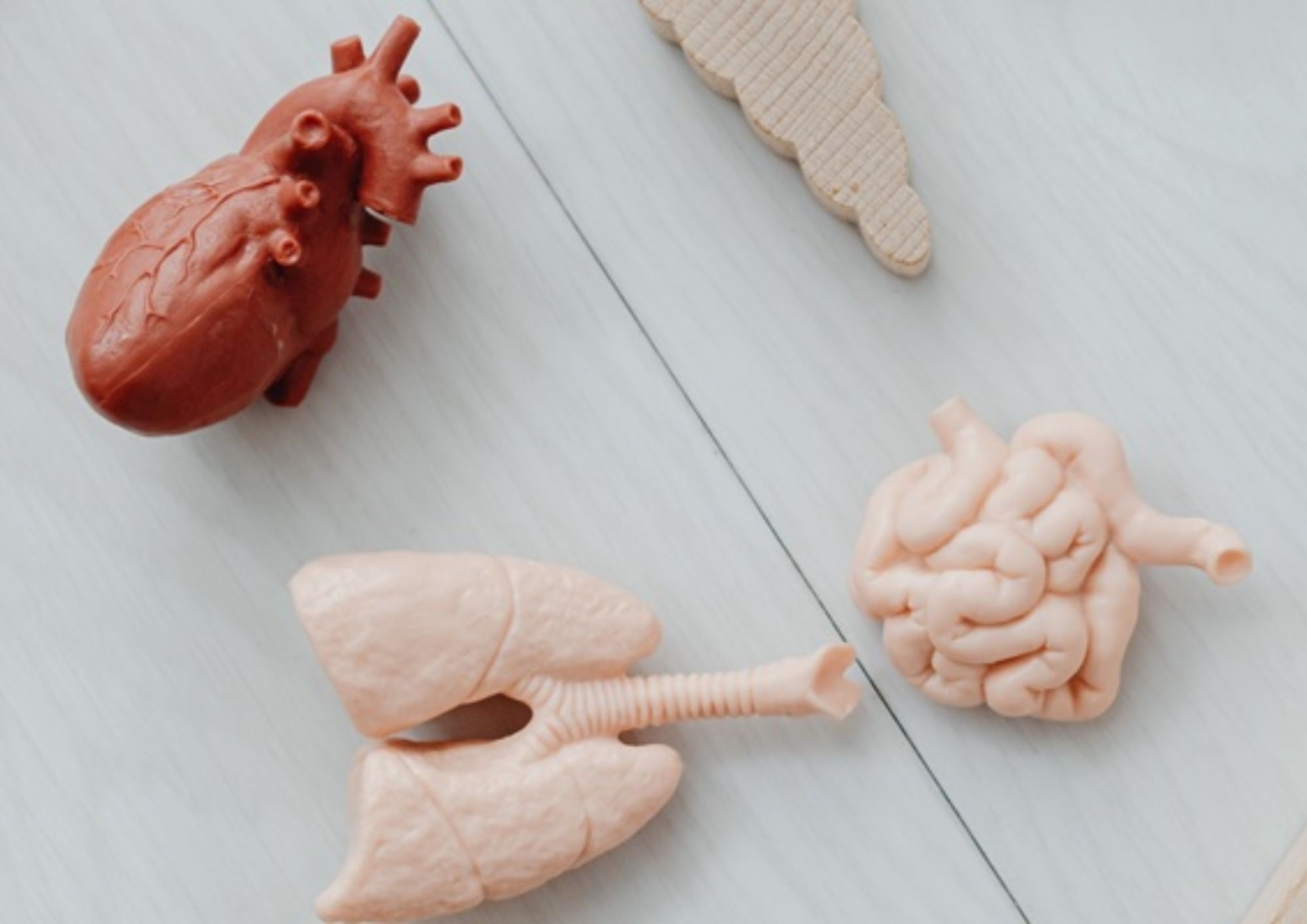A leading private healthcare clinic has shed light on the lesser-known symptoms of hay fever – from itchy ears to brain fog - and even hair loss.

Experts at Pall Mall Medical, say sneezes, sniffles, watery eyes, and runny noses may just be scratching the surface of other symptoms linked to allergic rhinitis, as it’s formally known.
“Allergic rhinitis can present itself in many shapes and forms, and with one in four of us experiencing a certain strain or another, it’s extremely common,” revealed Dr Chun Tang, the clinic’s medical director.
“There are around thirty types of pollen that can cause allergic reactions. But the most familiar variant people are allergic to is grass pollen, which is prevalent in late spring and early summer,” he explained.
“There is also tree pollen, released in spring and affecting around 25 percent of hay fever sufferers. And then we have weed pollen, which causes havoc from early spring to late autumn,” added Dr Tang.
But it’s not only grass, trees and weeds that disperse pollen-like allergens – fruits do too.
Pollen Food Allergy Syndrome (PFAS), also referred to as oral allergy syndrome, is the cause of cross-reacting allergens found in pollen and raw fruits alike, as well as vegetables and certain tree nuts.
Dr Tang explained: “Pollen-like proteins exist in fruits from kiwis, apples and cherries, to bananas, peaches and melons.
“This can also be known as PFAS or oral allergy syndrome and triggered by the types of pollen related to certain fruits.
“A person's immune system will recognise the similarities between pollen and the proteins in raw fruits which can set off a similar reaction in certain people the same way ‘traditional’ hay fever does.
“So, if you’ve ever wondered why your ears itch from eating a peach or you suffer brain fog after crunching into an apple – you could be suffering from pollen food allergy syndrome,” he added.
Currently the private healthcare clinic is offering people who suffer with allergic rhinitis or pollen allergy syndrome, hay fever injections administered into a different peach entirely – the buttocks.
Requiring one short visit to a Pall Mall clinic and no downtime, it gives between three to six months of relief from pollen related allergies within 72 hours. This treatment is no longer available on the NHS.
“For those who suffer moderately to severely, this injection can keep symptoms at bay,” added Dr Tang.
“It allows people to go about their daily lives enjoying spring and summer carefreely and without the need for over-the-counter medication,” he added.
So, without further achoo! here are the lesser-known symptoms of allergic rhinitis, according to Dr Tang.
Itchy Mouth and Ears
Known as oral allergy syndrome this is typically a reaction which will cause itchiness around the mouth, but some people also report having itchy ears and the symptoms migrate around the ear, nose and throat. Common foods that can cause this include kiwis, peaches, bananas, apples, and melons.
Difficulty focusing
While brain fog can be a symptom of many health problems, it can also occur as a side effect of allergic sinusitis. This can resemble traditional sinusitis but is distinguished by the added existence of itchy eyes, nose, throat or even ears. Allergic sinusitis can reduce oxygen intake meaning a lower level can interfere with mental efficiency and cognitive function.
Reduced sense of smell
Nasal congestion because of hay fever symptoms can lead to a reduction in the ability to smell. But it’s always wise to consider a complete loss, known as anosmia, as it could be a sign of Covid-19. If in doubt, get a test.
Difficulty Sleeping
It’s been previously pointed out that Google searches for ‘hay fever sleep’, increased by over 700 percent around April time – the period when pollen-related hay fever really gets going. Interestingly, most searches spike between midnight and 4am, suggesting Brits are desperate for more sleep. Blocked nasal passages, from hay fever can prevent regulated breathing patterns which can lead to serious issues such as sleeping disorder apnoea. This is when breathing becomes interrupted repeatedly during sleep. This is characterised by loud snoring and episodes where breathing stops.
Hair Loss
In extreme cases of an allergic reaction to things such as pollen, the body's immune system can reserve energy to protect other parts of the body, and this can include stopping the hair growth process temporarily. This may cause hair follicles to stop growing new hair and become weak, which leads to breakage.




